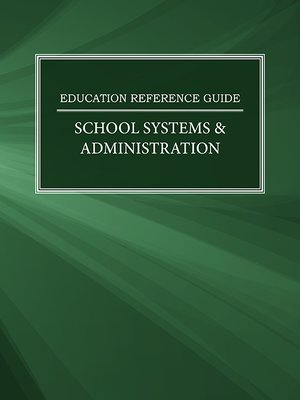
Sign up to save your library
With an OverDrive account, you can save your favorite libraries for at-a-glance information about availability. Find out more about OverDrive accounts.
Find this title in Libby, the library reading app by OverDrive.



Search for a digital library with this title
Title found at these libraries:
| Library Name | Distance |
|---|---|
| Loading... |
Rana Suh Kannan begins the conversation with a discussion of instructional leadership, a policy used by school principals
that shifts the principal’s focus from strictly administrative duties to more collaborative efforts that engage other
administrators and educators and aim to improve the school’s curriculum and instructional practices. John Loeser
reviews the multiple challenges that face school principals on a daily basis and the efforts that can be made to make
their responsibilities more manageable. Distributing leadership roles among teachers who implement the co-principal
model are two strategies that can improve the decision-making process within a school. Sinclair Nicholas examines
how the role of school administrators have changed over decades, and he studies how the priorities, philosophies,
and management styles of school leaders continue to evolve. Maureen McMahon then looks into the two varieties of
public school administration: centralized and decentralized. More often than not, a decentralized administration is preferred
because “the power to make change is…in the hands of the people most affected by that change.” Suh Kannan
reviews school-based management primarily as a way to decentralize decision-making power within public schools.







